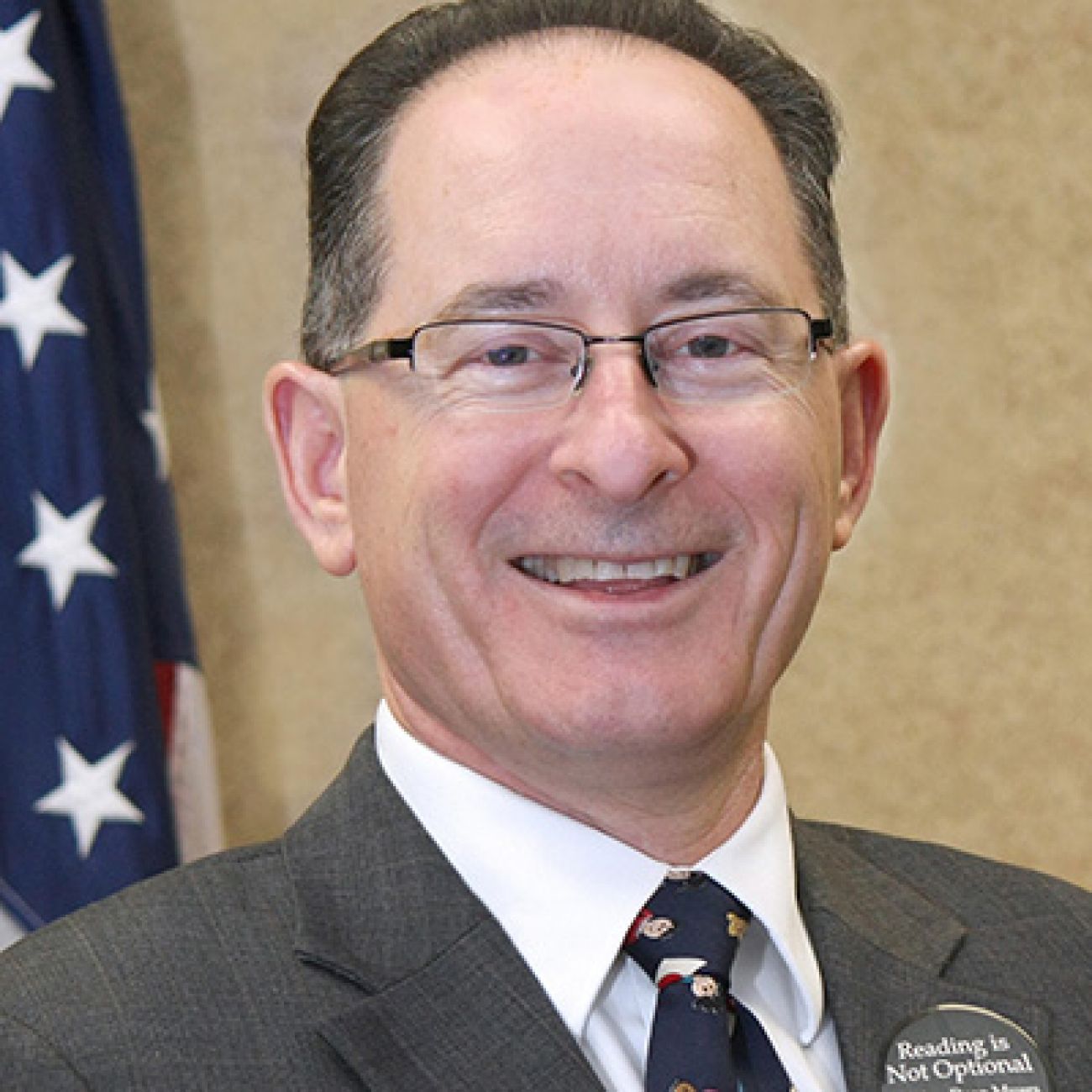Michigan superintendent: With schools closing, let’s address teacher shortages

Jan. 11: Michigan follows CDC lead, cuts quarantine guidance for schools
A teacher shortage growing for years in Michigan has exploded in recent months, with some schools forced to temporarily close or switch to remote learning because of a lack of bodies to lead classrooms.
Teachers who test positive or are exposed to COVID-19 are out of school for up to 10 days, and an already shallow substitute teacher pool hasn’t always been able to fill all the vacancies, school officials say.
A GOP-sponsored bill passed the Legislature in December allowing non-certified school employees with high school diplomas, such as bus drivers or cafeteria workers, to fill in as substitute teachers for the remainder of the 2021-22 school year, as a stopgap measure to help schools stay open. Democratic Gov. Gretchen Whitmer signed the bill into law.
Related:
- Michigan students forced online by COVID learned less than those in schools
- Fewer masks, more illness, mass confusion as Michigan schools face omicron
- Michigan lawmakers vote to allow bus drivers, lunch aides to serve as substitutes
- Michigan GOP petitions to rewrite voting, pandemic and school laws in 2022
Shortages are most severe in certain specialities, such as special education, counseling, science and math, and in northern Michigan. In recent years, though, schools across the state have struggled to fill posts, and to find replacements when teachers leave the classroom for extended periods of time, such as for maternity or paternity leave.

While the pandemic is to blame for the current crisis, Michigan’s teacher shortage will continue long after it ends, says Michigan’s Superintendent of Schools Michael Rice.
Rice spoke to Bridge Michigan Thursday about his proposals to address the state’s teacher crisis, and his push for the Legislature to allocate hundreds of millions of dollars in the coming months to avoid more school closures in the years to come.
“If all we do is fight off alligators, we're really not draining a swamp,” Rice said.
This interview has been edited for length and clarity.
A teacher shortage is something educators have talked about for years, but it’s really gained public attention this year because of school closures. What are the root causes of the shortage?
There's a shortage not just across the state but across the country. I believe that part of its genesis lies in the denigration of public education.
Six studies in six years (here’s a summary of 12 Michigan studies in recent years) have said the same thing: we underfunded public education. They cut salaries, they cut benefits, school teachers and administrators support staff were made to pay more for their health insurance more for their pensions. (Editor’s note: Many states besides Michigan have cut public education budgets in the past 15 years, though one MSU study ranked Michigan dead last in the nation in education spending growth since 1995.)
If you look at our teacher prep programs, the number (of students) plummeted from about 23,000 people in these programs to approximately 9,000 in the space of just a few years.
Aren’t the shortages that we are seeing now being driven by the pandemic? Or are you suggesting that unless we address the issue with policy changes, these shortages are going to continue?
The pandemic did not create the teacher shortage, the pandemic exacerbated it. In the absence of (policy change), the profession is not going to rebuild itself magically. It's going to take time to address the teacher shortage. It took us arguably a decade to get where we are, and it may take several years to fully address.
What’s the answer?
There are grow-your-own (teacher) programs, (working with) middle school kids and high school kids (who may want to become educators). That’s important, but it’s slow. We have grow-your-own programs for support staff to become teachers. We've now got a little bit of funding, $1.67 million to help support those programs. But we need far, far more.
We've provided some encouragement for teachers who used to be in the profession, who have had lapsed certification, to come back. We've provided them with the opportunity working with a local school district with reduced cert recertification requirements. We've had a few hundred teachers return to the profession.
All of this is helpful. None of this is sufficient
You’ve also proposed offering child care and pay to student teachers, who now work for free and also pay tuition to the university where they’re enrolled, scholarships for aspiring teachers and financially incentivizing the expansion of teacher preparation programs, particularly in northern Michigan. Anything else?
Loan forgiveness for current teachers. We've got to not only work on the pipeline into the profession, but we also have to work on the leaks, if you will, from the profession.
And we want to lower the barriers associated with reciprocity (educators moving to Michigan from another state). Basically, we want to say if you've had three years of successful teaching experience in another state and you’ve been certified through that other state, we'd like you to be able to come in and get certification in our state without having to take the MTTC (Michigan’s teacher certification test). That can be quick growth.
How much would this cost?
(I estimate) $300 million to $500 million over five years. We're pushing it with the Legislature and we believe that this menu of recommendations adopted in some supplemental budget measure can begin to address the shortage quickly.
And frankly, the money is there. It's in federal dollars (from COVID relief funding).
That’s a lot of money in a short amount of time.
We need to get this done in a budget supplemental, before spring hits. Why? Because we need that five months before school begins to have an effect on next school year. I think it (the funding) needs to be weighted more heavily upfront, (so we can) get these elements started.
The idea is somehow that the supply of young people who have an interest in teaching is going to magically re-inflate after the pandemic in the absence of recruitment and retention funding from the Legislature, that’s magical thinking.
None of those efforts address the shortages happening right now. What do you say to parents and legislators, about why this is the right time to think long-term about teacher shortages?
It's a brutally, brutally difficult moment. But I think we have to work on how to build better moments for kids.
I don't want to minimize (current school closures) at all. But I also don't want to lose the opportunity to build a better (system).
Michigan Education Watch
Michigan Education Watch is made possible by generous financial support from:
Subscribe to Michigan Education Watch
See what new members are saying about why they donated to Bridge Michigan:
- “In order for this information to be accurate and unbiased it must be underwritten by its readers, not by special interests.” - Larry S.
- “Not many other media sources report on the topics Bridge does.” - Susan B.
- “Your journalism is outstanding and rare these days.” - Mark S.
If you want to ensure the future of nonpartisan, nonprofit Michigan journalism, please become a member today. You, too, will be asked why you donated and maybe we'll feature your quote next time!






